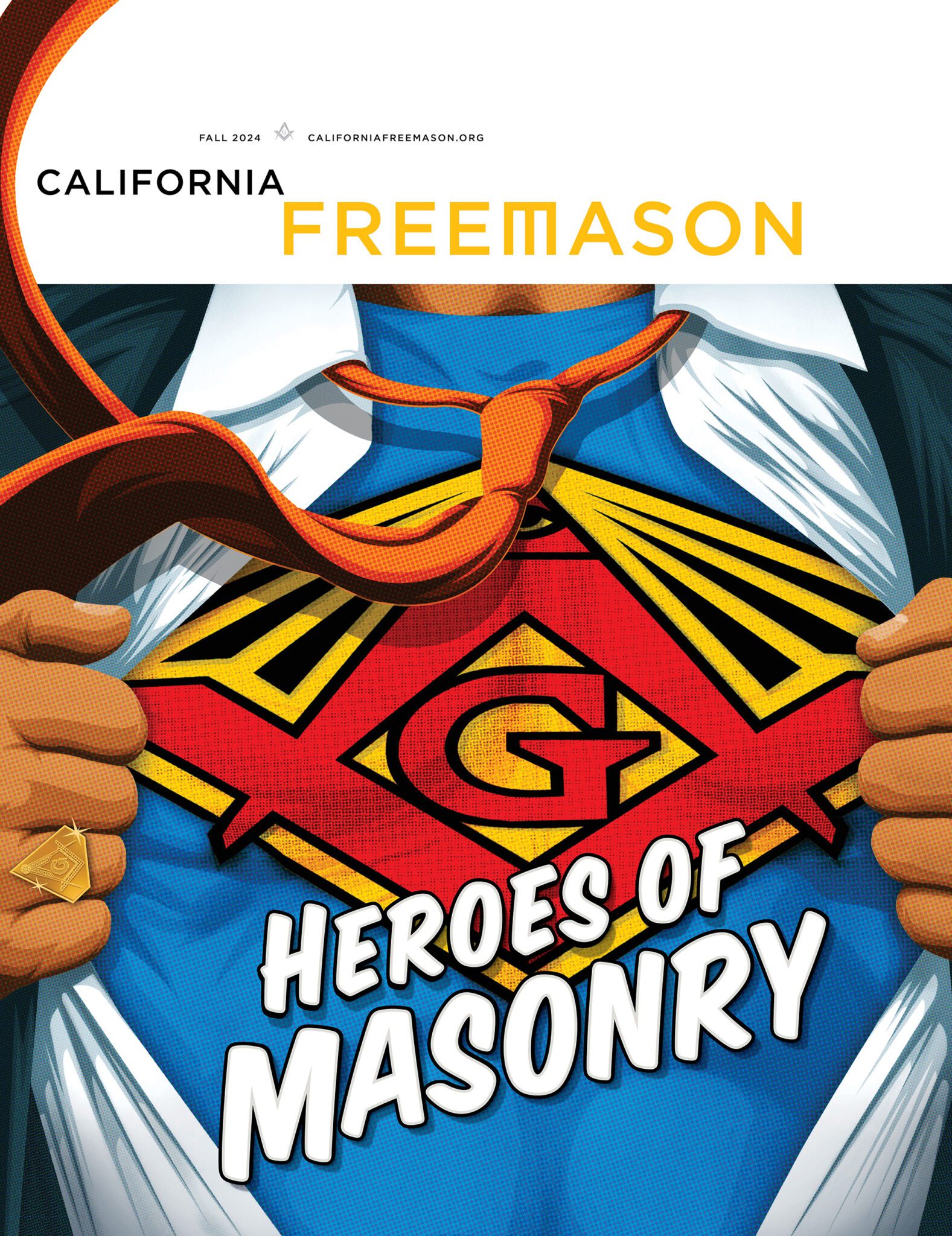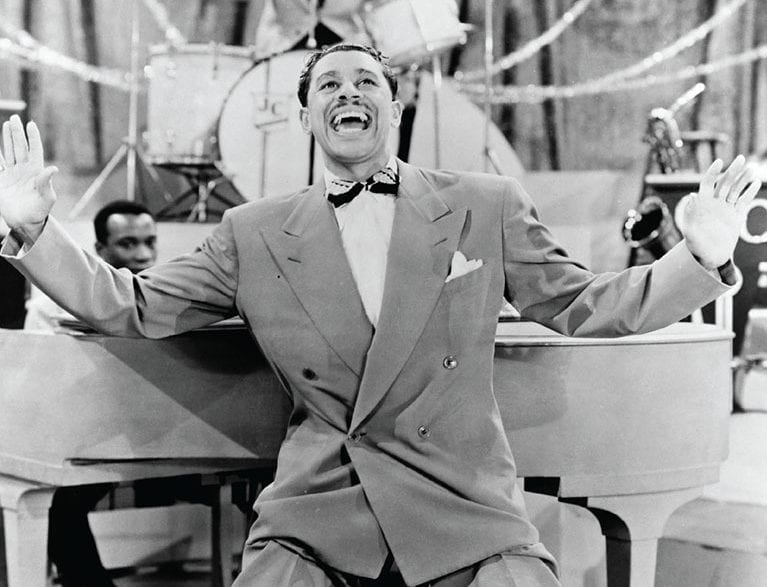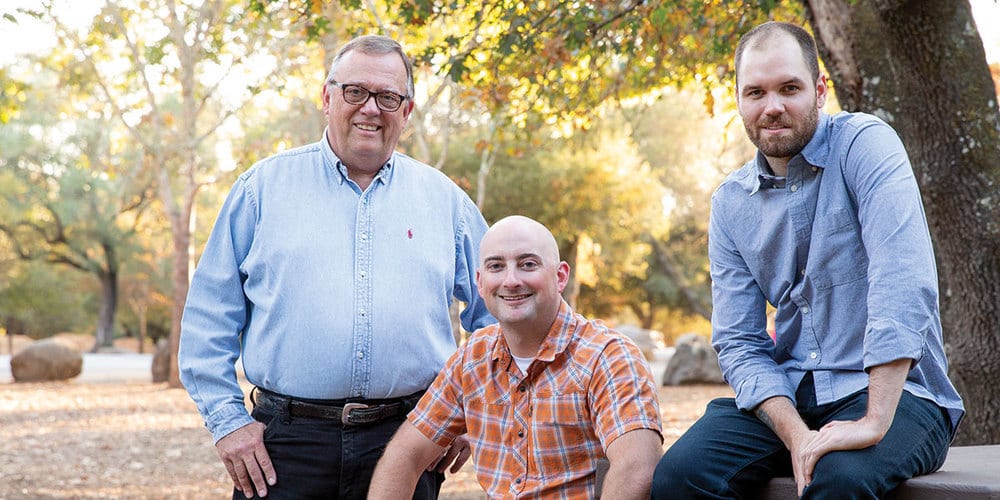THE FRENCH CONNECTION
On this Masonic artifact, down is up
and north is, well, missing.
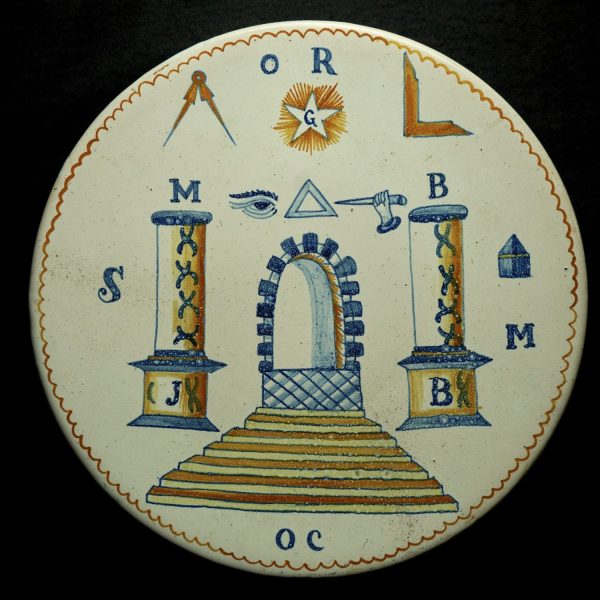
Here’s a Masonic mystery for any francophiles among you: A handsome, 19th century hand-painted ceramic plate where something seems not quite right.
Here’s the dish on this, well, dish: Among the typical Masonic symbols (archway and steps, hand and dagger, square and compass, all-seeing eye, etc.) and letters corresponding to the two columns are directionals representing the points of the compass: “OR” at the top of the plate presumably short for “orient”—or east, indicating its primacy to a lodge. At the bottom, “OC” would seem to stand for “occident,” or west. That, too, makes sense. At left, “S” for “sud,” or south, which, huh? At finally at right, “M”?
(For those keeping track, “nord” is French for north, so we’d expect… an N, right? And in reverse positions!)
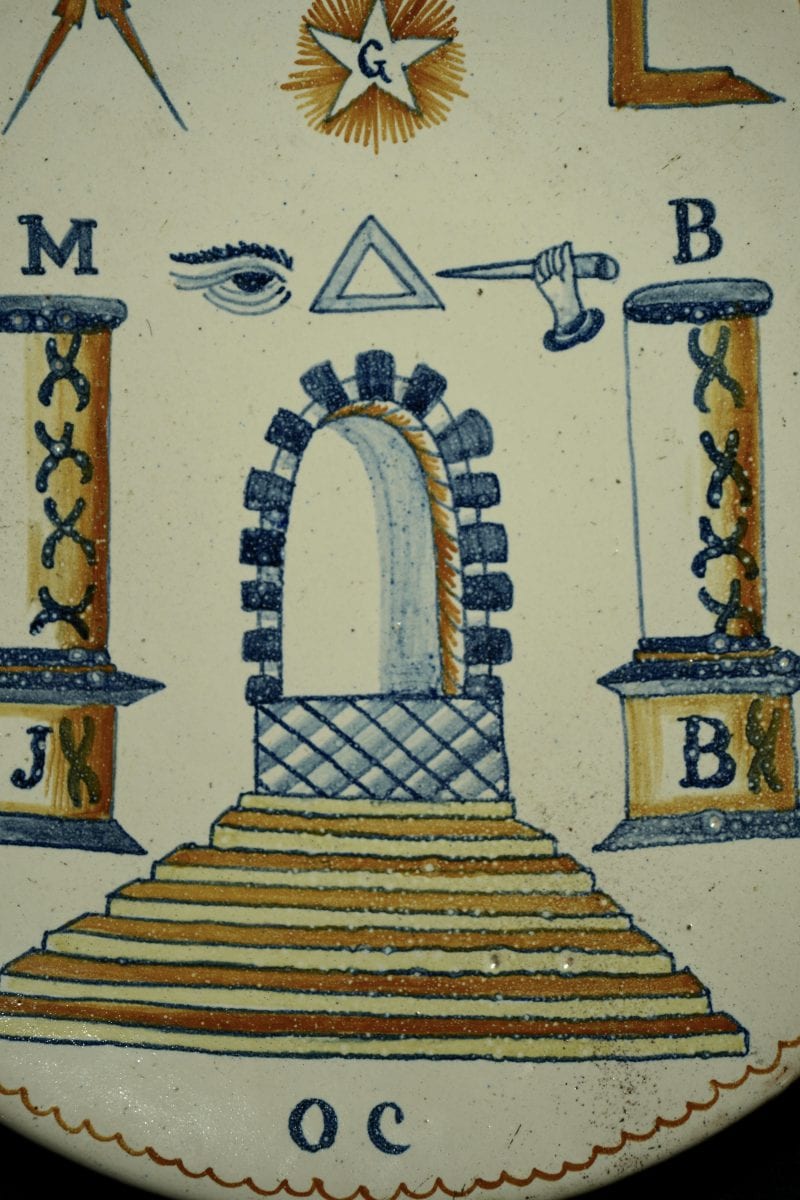
After speaking with collections manager Joe Evans, we’re afraid we’re stumped about this M. The provenance of the plate doesn’t offer any further clues, either: The item was originally purchased at some unknown antique store in Paris and donated to Grand Lodge without any further documentation. Meaning that unless a member from the French-speaking La Parfaite Union Lodge No. 17 has some clues for us, the mystery lives on.
What we do know is that Freemasonry has an especially long history in France, dating from the 1600s, and that today, several offshoot French lodges hold meetings in the United States, which belong to one of several grand lodges of France, each of which subscribe to slightly different forms of the craft. Among those are the Grand Orient de France, the Grand Lodge of France, the Grand Lodge National of France, and the feminine Grand Lodge of France. (La Parfaite Union is part of the Grand Lodge of California.)
Thoughts? Answers? Let us know!
Special thanks to Collections Manager Joseph Evans.
Image courtesy of the Henry Wilson Coil Library and Museum of Freemasonry. The library serves as a research source for Masons, academic scholars, and others who wish to explore the history of Freemasonry in California. Visit the library and museum online at masonicheritage.org.
